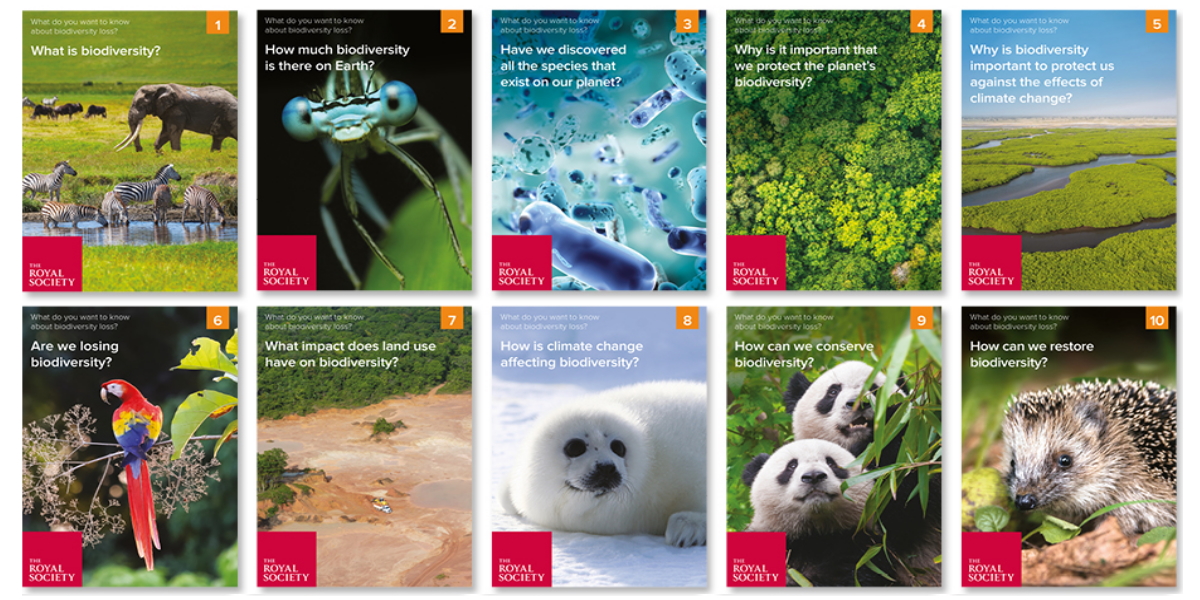Filters
Clear allSubject
Age range
Type
- Article (17) Apply Article filter
- Assessment (2) Apply Assessment filter
- Information sheet (2) Apply Information sheet filter
- Poster (2) Apply Poster filter
- Presentation (2) Apply Presentation filter
- (-) Remove Research filter Research
- Teacher guidance (2) Apply Teacher guidance filter
- Include Physical Resources (0) Apply Include Physical Resources filter
Showing 28 results
A Catalyst article providing examples of some drugs derived from natural substances. Many drugs which are commonly used today are similar to naturally occurring compounds which have been used for centuries to treat illnesses. Chemists have identified and purified these substances. By determining their molecular...
Published in 2009 by LSIS, this report describes action research carried out by Greenhead College. The research project was to develop a peer mentoring scheme in chemistry to help students who struggle with the difference in demands that AS courses make compared to GCSE. In turn, it is hoped that this will lead to...
A Catalyst article describing how process chemists work in the pharmaceutical industry, devising methods of making new drugs. Process chemists are a link in the chain from an initial idea to a new drug making it to the market. It generally takes at least 10 years from an idea by a medicinal chemist to a new...
A Catalyst article about practical chemistry experiments and the risks involved. The article helps in identifying, assessing and controlling the risks involved, it also includes a guide to the warning signs, labels and symbols used in laboratories.
This article is from Catalyst: GCSE Science Review 2004,...
This resource is a compilation of reports by the Qualifications and Curriculum Authority (QCA) and Ofqual reviewing standards over time in science subjects at GCSE and A levels.
...
This report, jointly published by the School Curriculum and Assessment Authority (SCAA) and Ofsted under the chairmanship of Ron Dearing, presents the findings of an investigation into whether standards in GCSE and A level examinations were maintained in the period up to 1995. The improving examination grades...
From Cornwall College St Austell, this LSIS report describes the partnership with a local school to enhance students' experience in GCSE and AS level chemistry.
Produced by the Learning Skills Improvement Service, these materials help to demonstrate effective practice. By Paston College, this case study looks at the theme of progression through STEM.
Students find the transition from GCSE to AS level chemistry difficult. This is not helped by their different...
This Catalyst article looks at the noble gases (Group 0 or 8 in the periodic table) which are almost inert. This article shows how they were discovered through the use of fractional distillation and looks at their chemical and physical properties.
This article is from Catalyst: GCSE Science Review 2011,...
A Catalyst article about the many roles of chemists at work. The links with biology, physics and geology are examined as are many other subjects. The article looks at some of the areas in which chemists work and it explores what makes it distinctive from other sciences.
This article is from Catalyst:...

These evidence-based, question and answer style classroom resources can be used to engage students of all ages...

These evidence-based, question and answer style classroom resources can be used to engage students in the climate...
This Catalyst article explains why there are many anti-bacterial drugs but few antivirals. There are millions of bacteria everywhere – on skin, in the gut, and on food. Bacteria have been troubling human beings for as long as they have been around, so a lot of effort has been directed into finding ways to fight...
